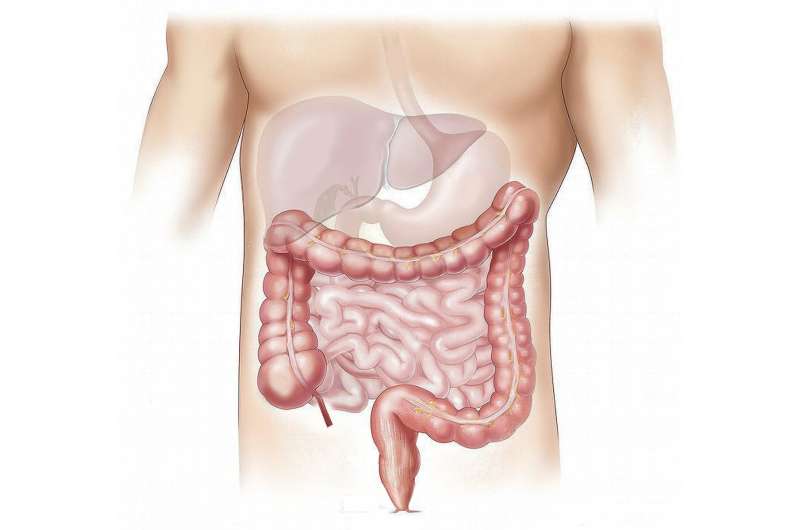New Research Finds No Link Between Noisy Knees and Early Arthritis in Young Adults

Recent research shows that knee crepitus, or noisy knees, is not a reliable predictor of early osteoarthritis in young adults after ACL injury, highlighting the importance of proper rehabilitation and active lifestyle.
Knee crepitus, commonly described as cracking or grinding sounds in the knee joint, is a widespread phenomenon experienced by people of all ages. Despite its prevalence, recent research indicates that knee noisiness should not be considered an early warning sign of osteoarthritis, particularly in young adults.
A comprehensive study published in Arthritis Care & Research tracked 112 young individuals who had undergone anterior cruciate ligament (ACL) reconstruction. Over five years, researchers utilized magnetic resonance imaging (MRI) scans and patient-reported outcomes to observe the progression of osteoarthritis signs.
Lead researcher Jamon Couch, a graduate researcher at La Trobe University and a licensed physical therapist, explained that while knee crepitus was initially linked to cartilage damage and heightened symptoms within the first year post-surgery, it did not predict the development of joint deterioration in the longer term. The study found that participants with crepitus showed over two and a half times greater prevalence of full-thickness cartilage defects in the kneecap area and experienced more pain and functional impairment early on. However, these differences did not persist over the subsequent four years, and patients without crepitus did not develop worse symptoms.
This finding challenges the common assumption that crepitus could serve as a reliable indicator for early osteoarthritis, especially after traumatic knee injuries. With around 50% of individuals with ACL ruptures developing osteoarthritis symptoms within a decade—often a decade earlier than uninjured populations—there has been a tendency to associate knee sounds with early joint deterioration.
Dr. Adam Culvenor, head of the Knee Injury Research Group at La Trobe’s Sport and Exercise Medicine Research Center (LASEM), emphasized that these results are reassuring for young, active individuals concerned about noisy knees signaling impending degeneration. He also highlighted the importance of maintaining activity levels and engaging in proper rehabilitation to potentially delay or prevent osteoarthritis.
The study advocates for a more nuanced approach to diagnosing early-stage osteoarthritis, urging healthcare providers to avoid overinterpreting crepitus as a sign of joint damage in active young adults. Overall, staying active and following appropriate rehabilitation protocols remain crucial in managing knee health post-injury.
Stay Updated with Mia's Feed
Get the latest health & wellness insights delivered straight to your inbox.
Related Articles
Pocket Ultrasound Technology Shortens Hospital Stays for Patients with Breathing Difficulties, Study Reveals
A groundbreaking study shows that pocket ultrasound devices significantly cut hospital stays and costs for patients with breathing difficulties, offering a faster and more accurate diagnostic tool for clinicians.
New Biomarkers in Gut Microbiome May Predict 'Invisible' Chronic Fatigue and Long COVID
Innovative research identifies hidden biomarkers in the gut microbiome that could revolutionize diagnosis and treatment of chronic fatigue syndrome and long COVID, offering hope for personalized care based on gut health insights.
Potential of Alzheimer's Medication to Improve Social Skills in Youth with Autism
A groundbreaking study suggests that memantine, an Alzheimer's drug, may enhance social skills in youth with autism, especially those with elevated brain glutamate levels, paving the way for personalized treatments.



